-
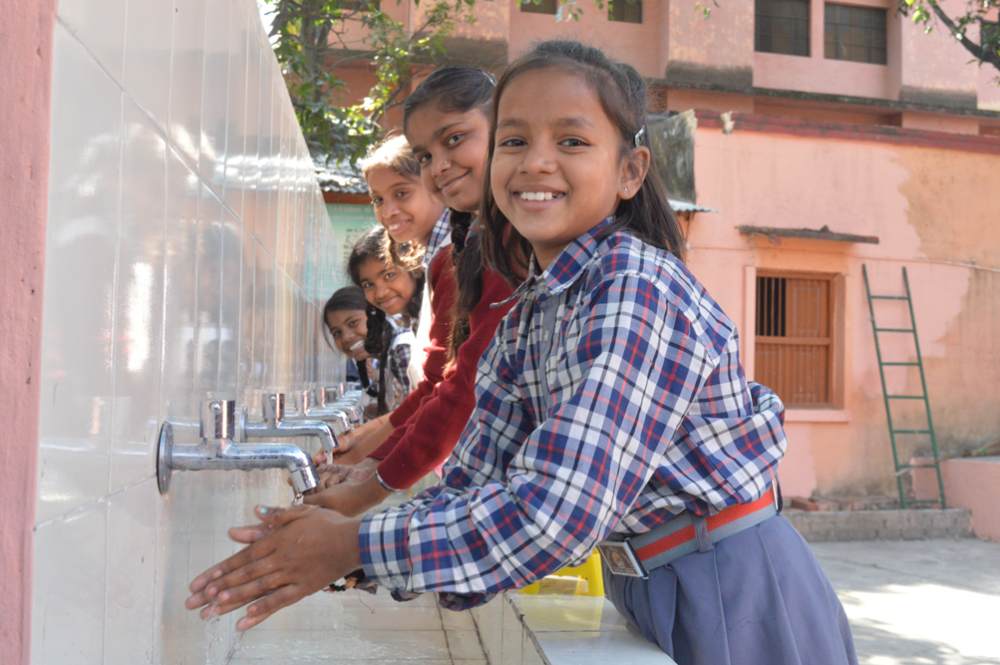
-
View Picture
-
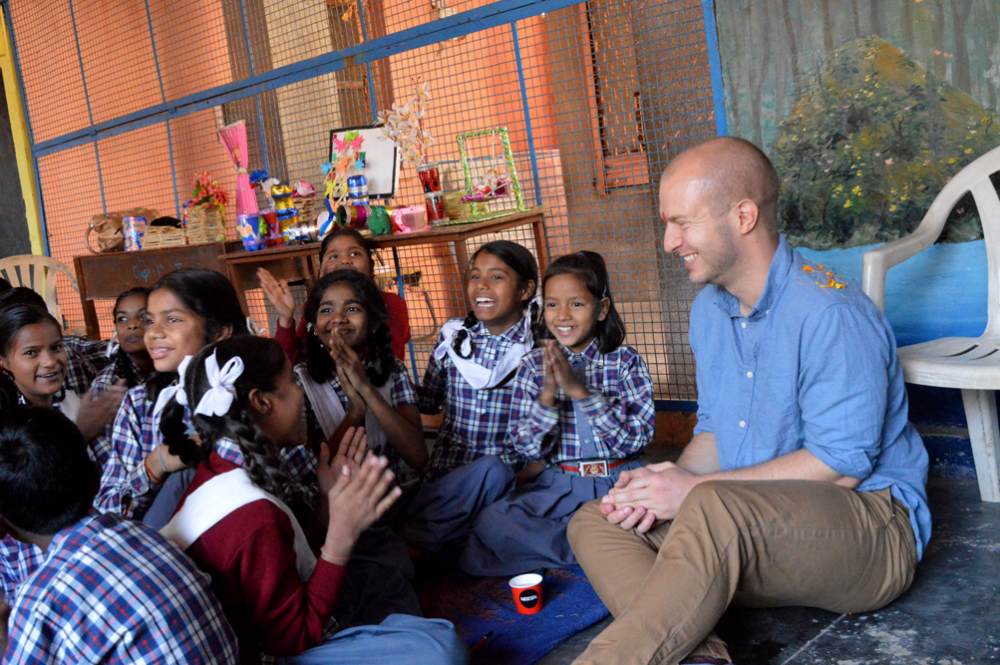
-
View Picture
-
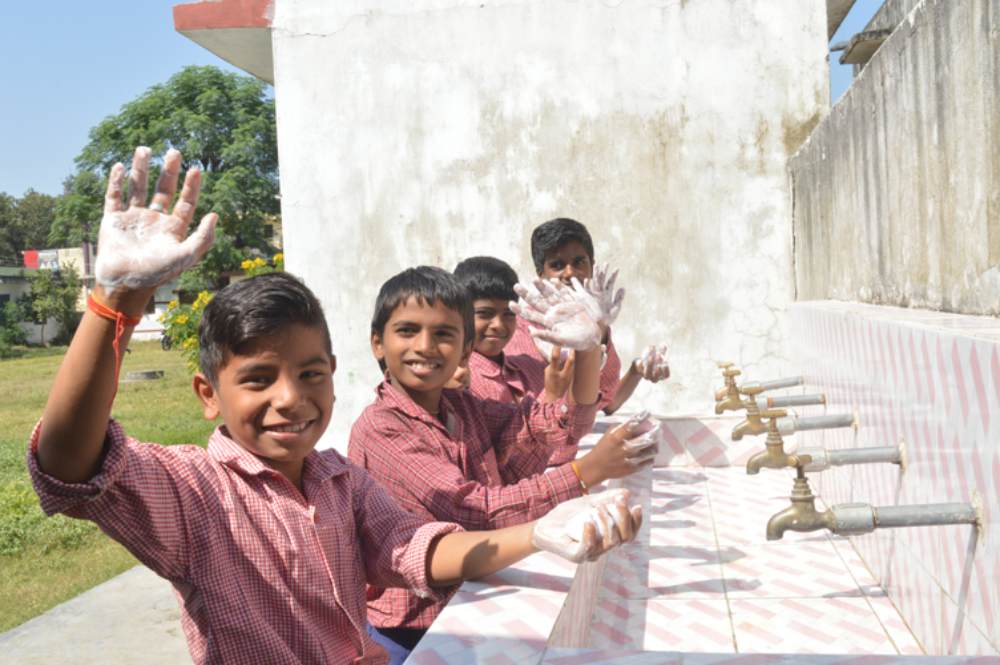
-
View Picture
-
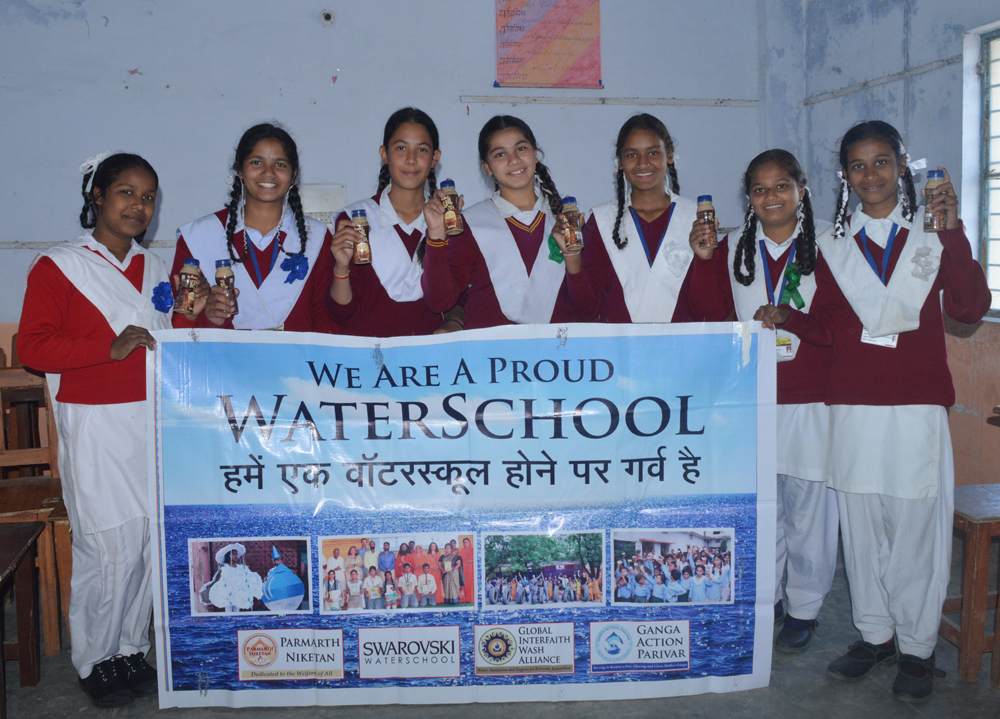
-
View Picture
-
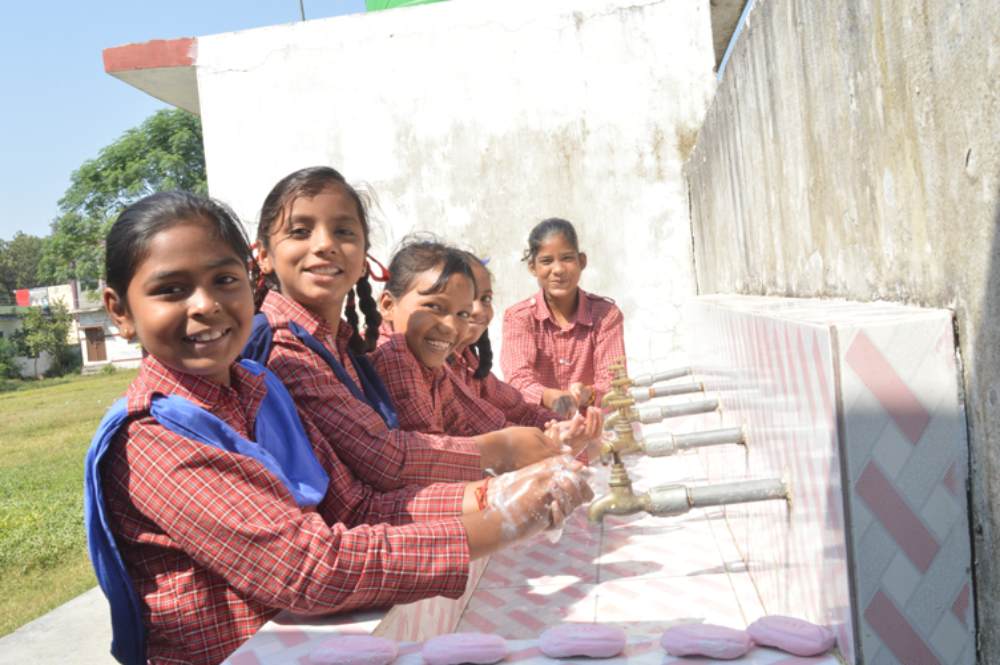
-
View Picture
-
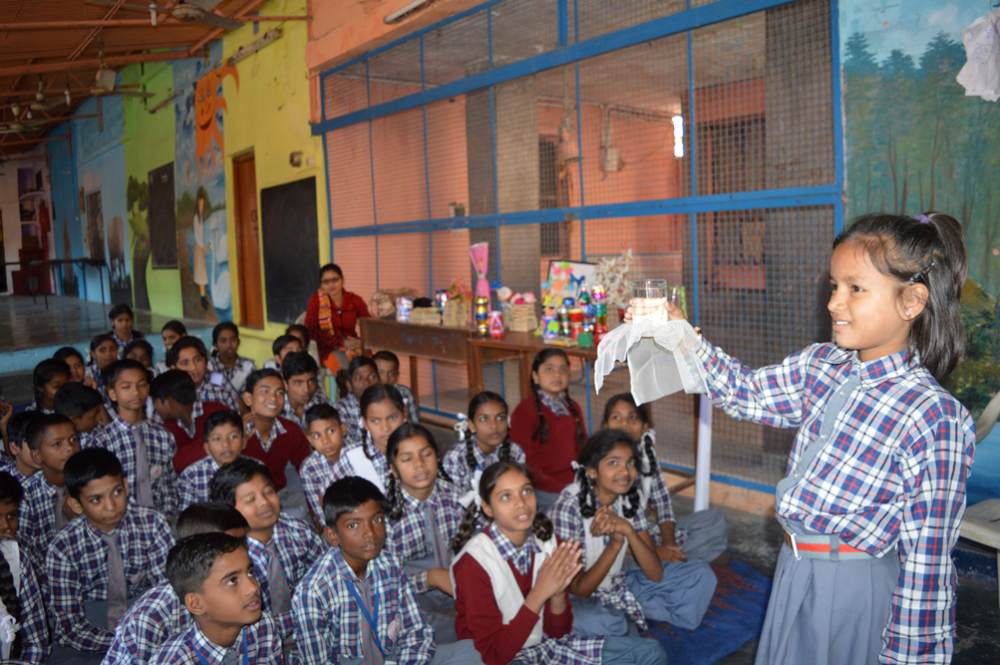
-
View Picture
-

-
View Picture
-
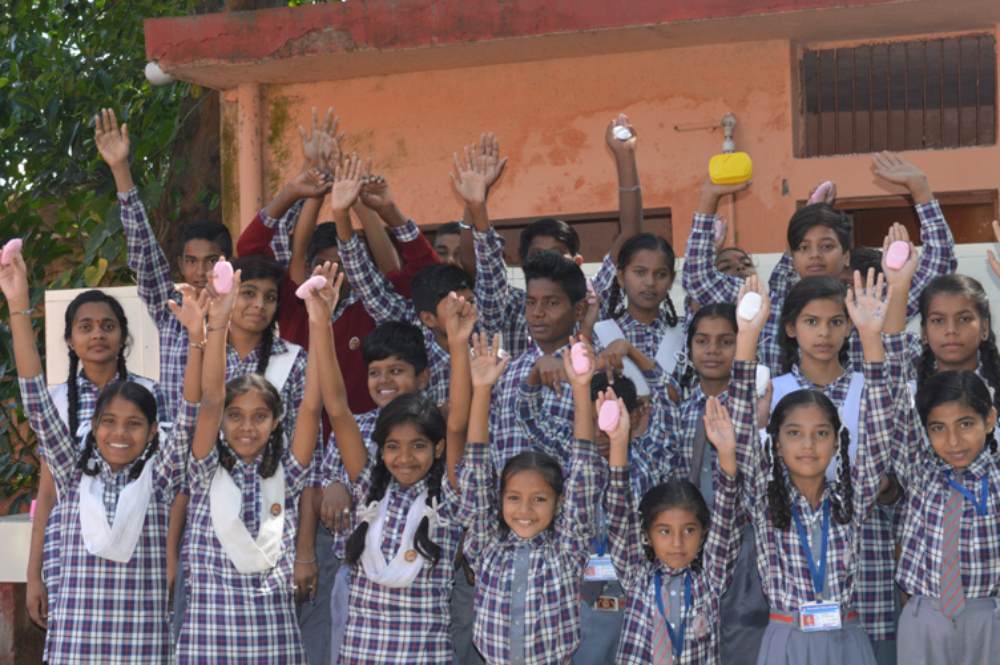
-
View Picture
-

-
View Picture
-

-
View Picture
-

-
View Picture
-
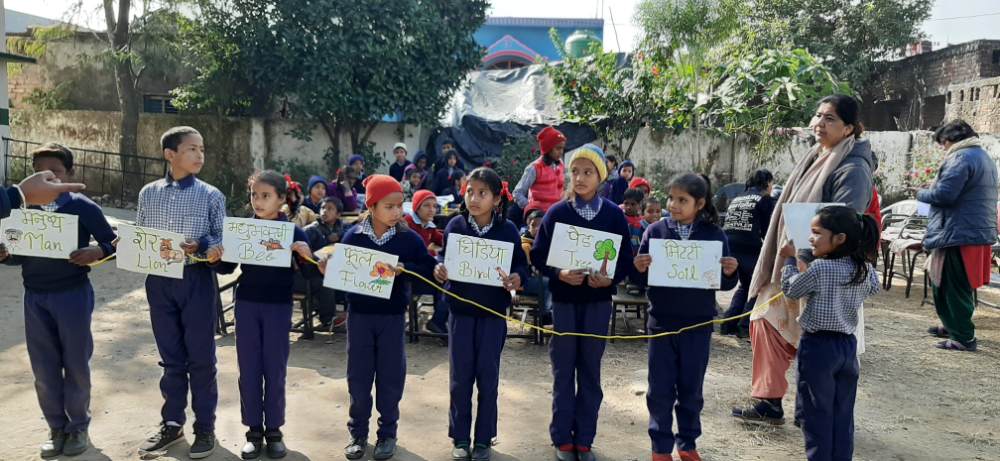
-
View Picture
-
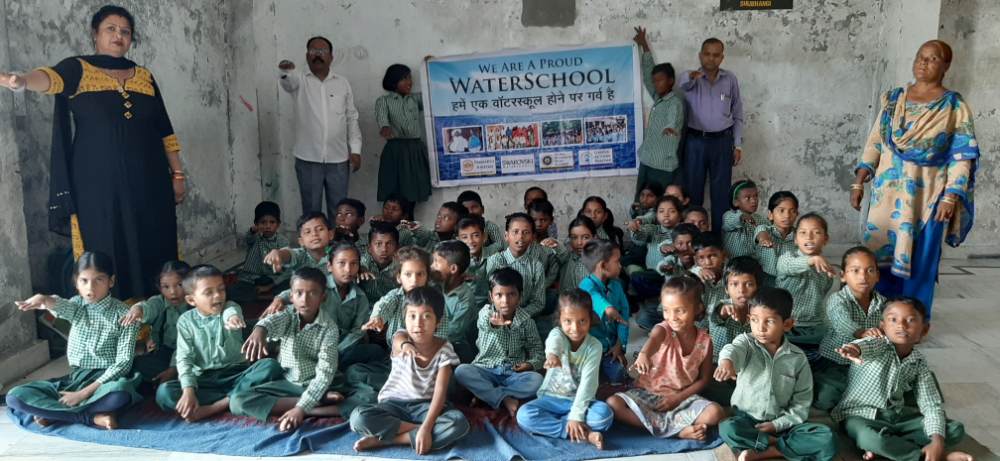
-
View Picture
-
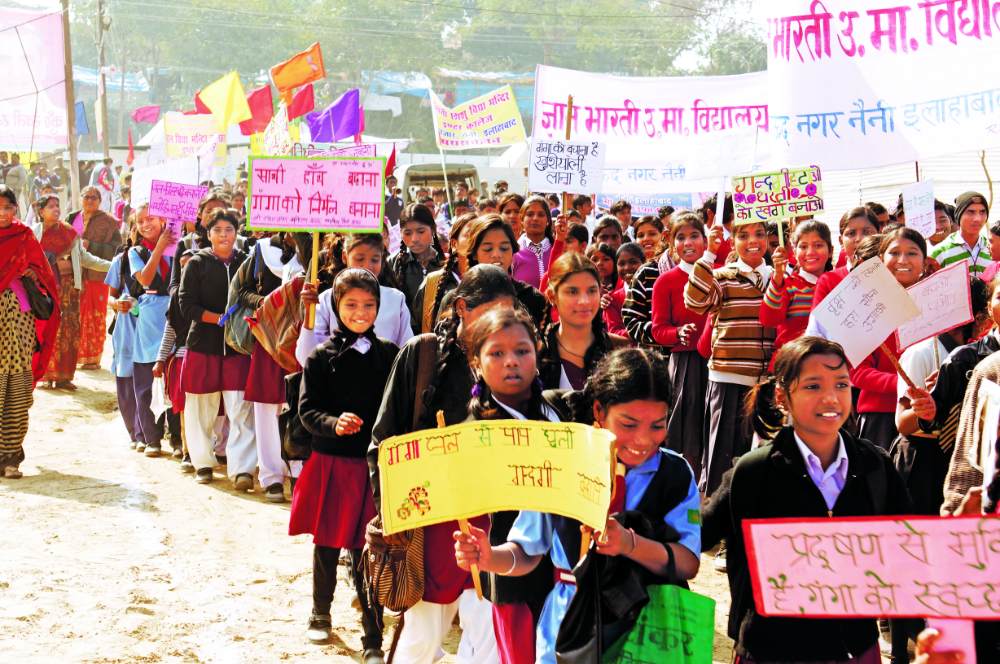
-
View Picture
-
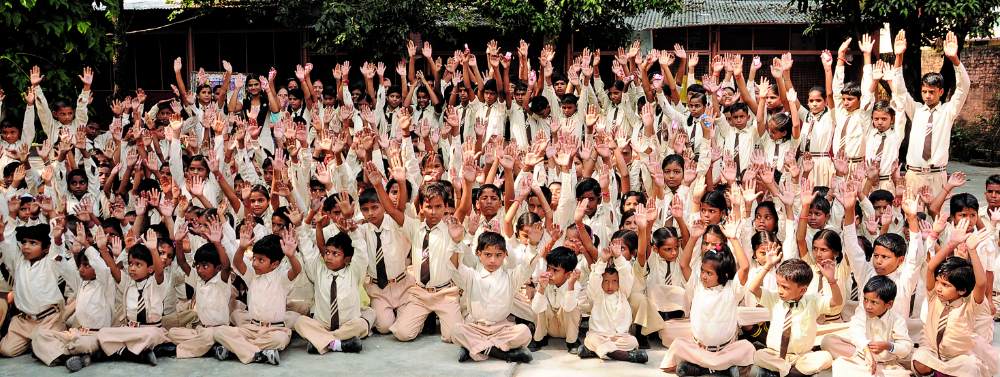
-
View Picture
-

-
View Picture
-
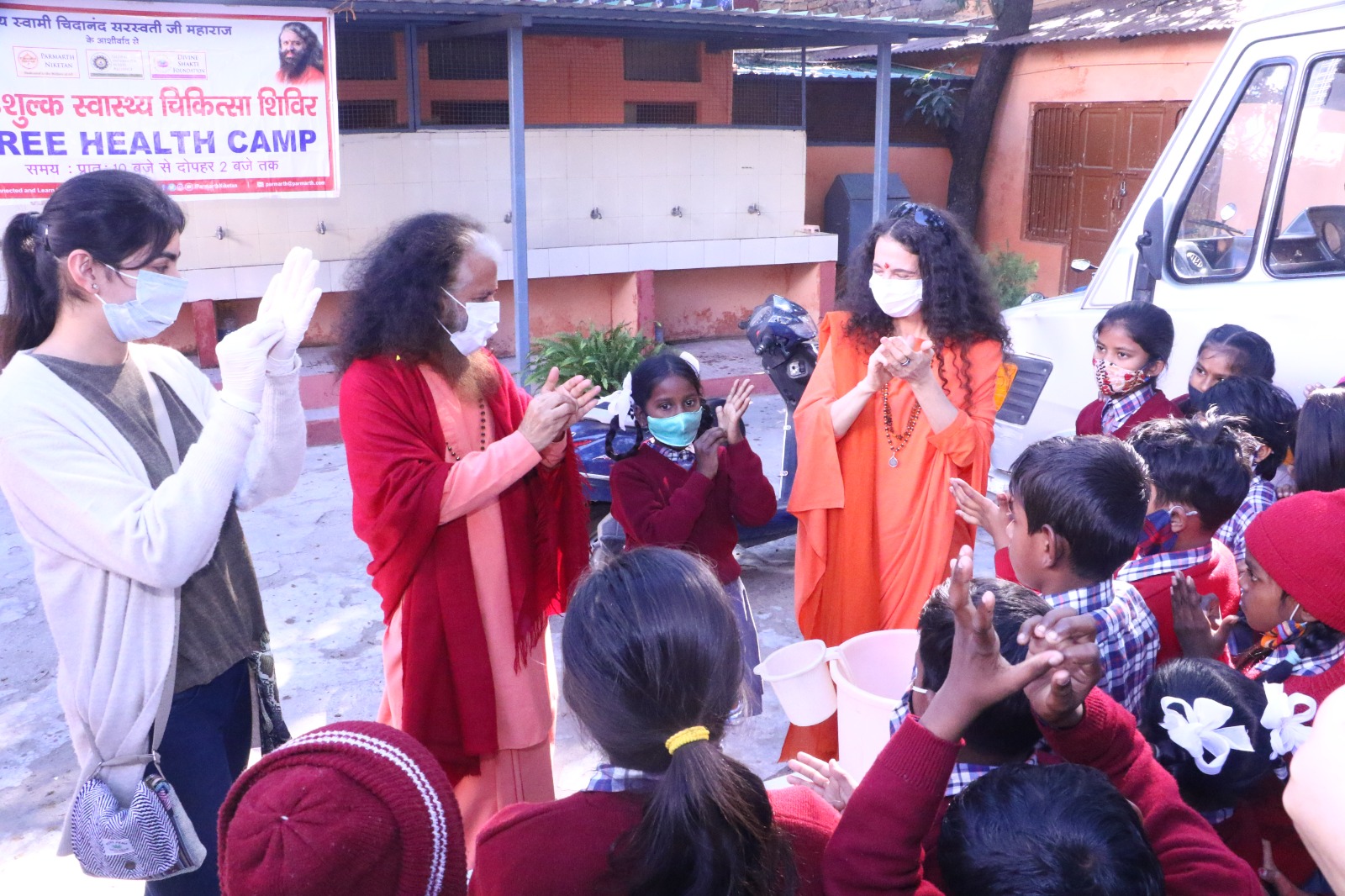
-
View Picture
-
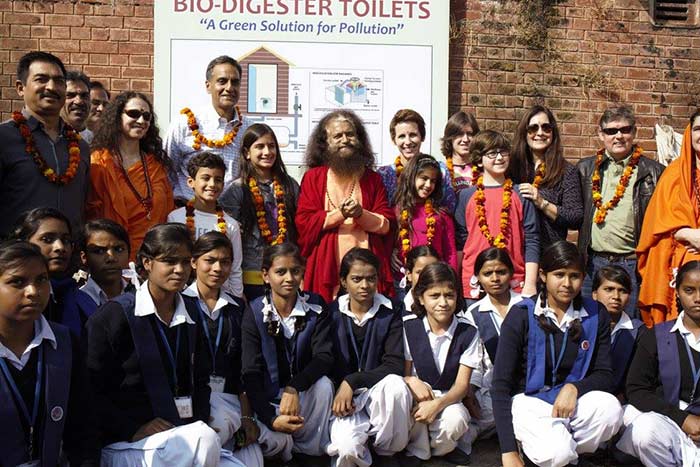
-
View Picture
-
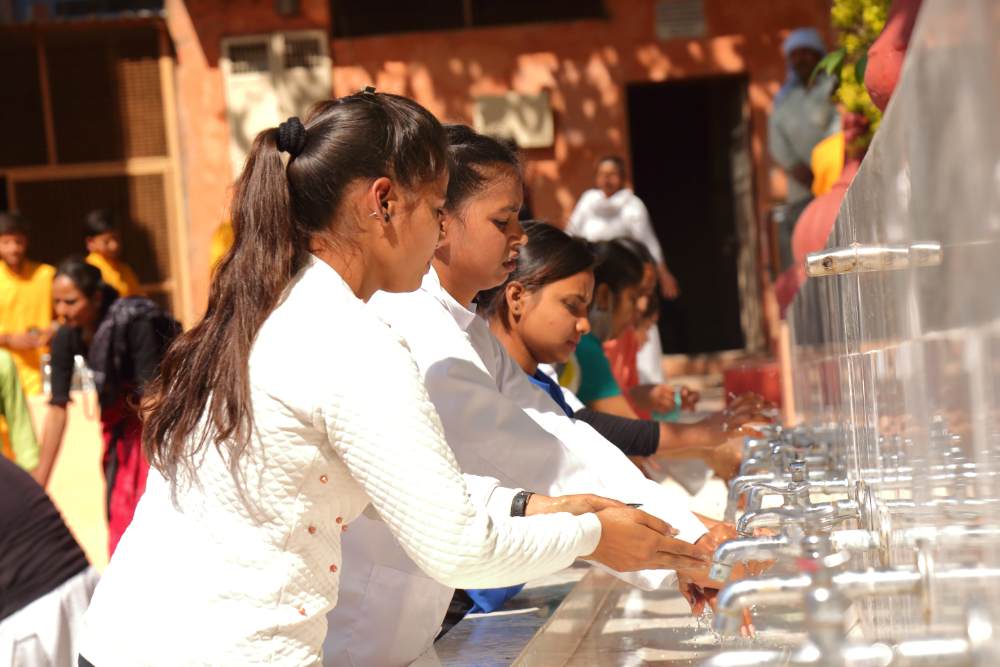
-
View Picture
-

-
View Picture
-
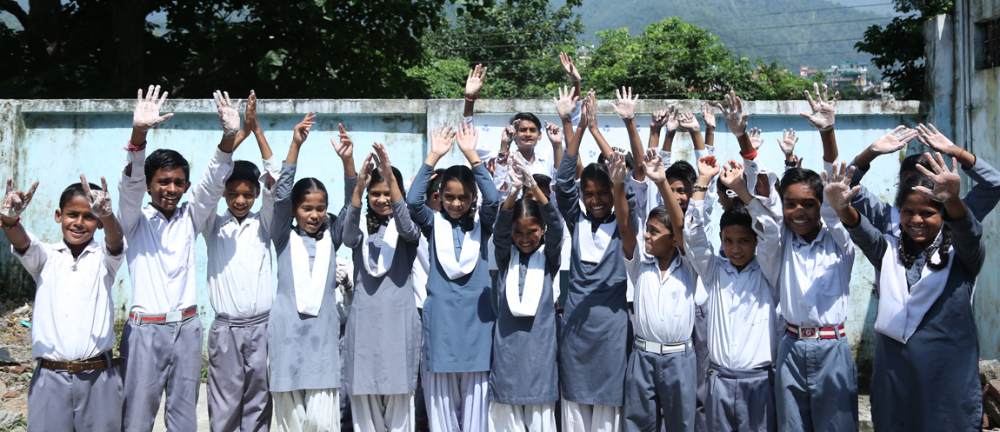
-
View Picture
-
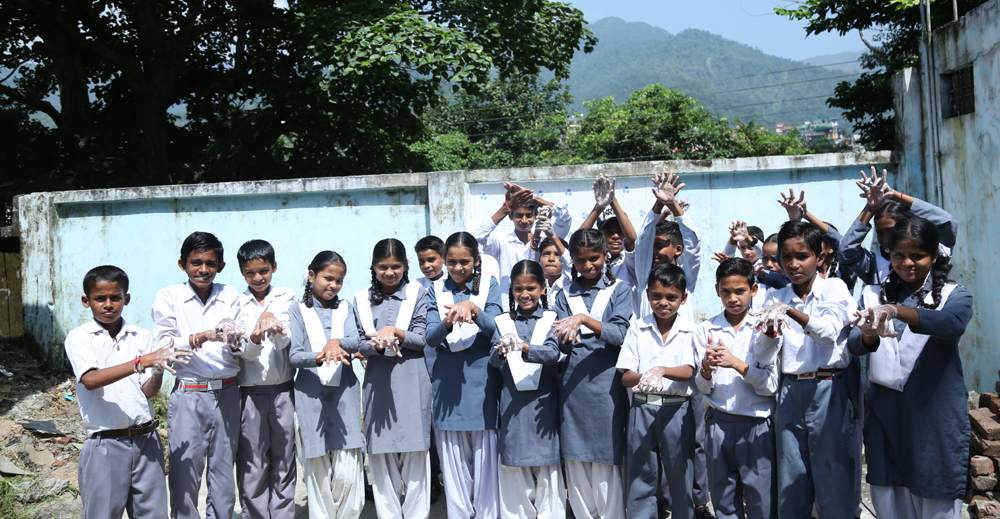
-
View Picture
-
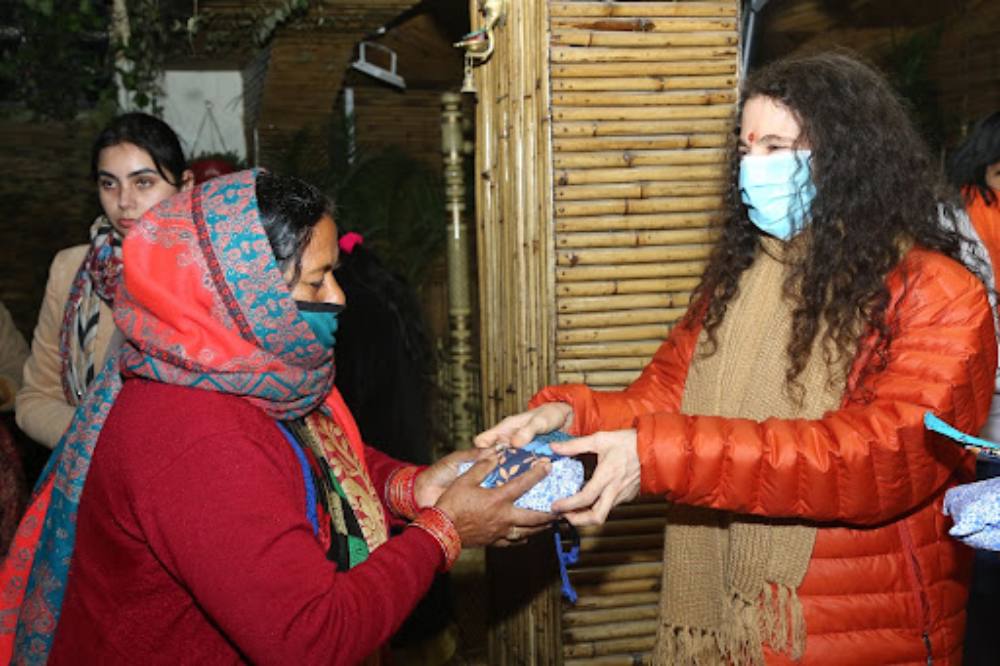
-
View Picture
-
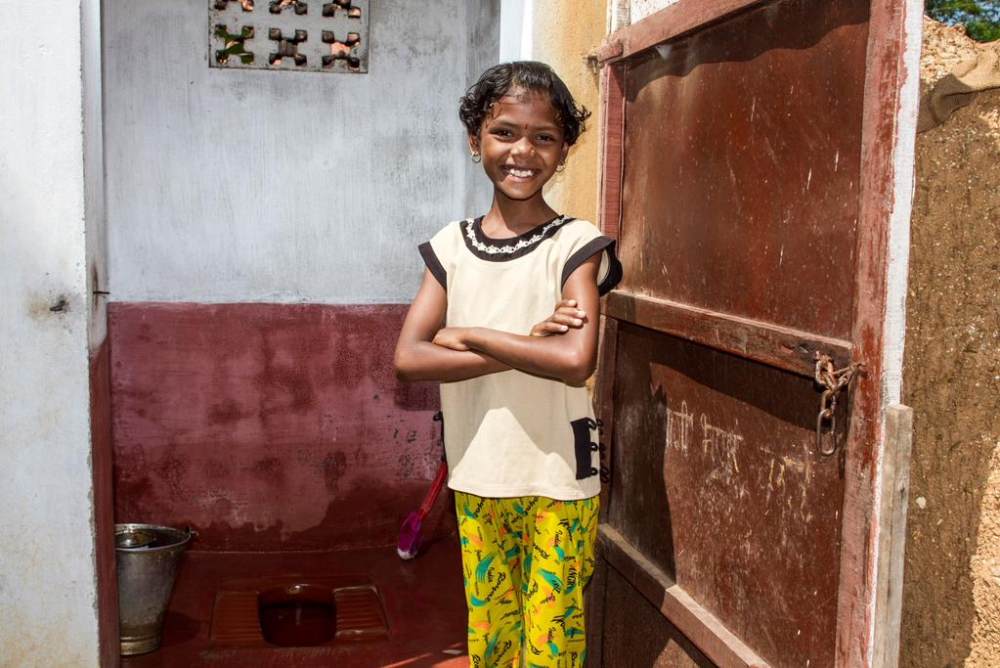
-
View Picture
-
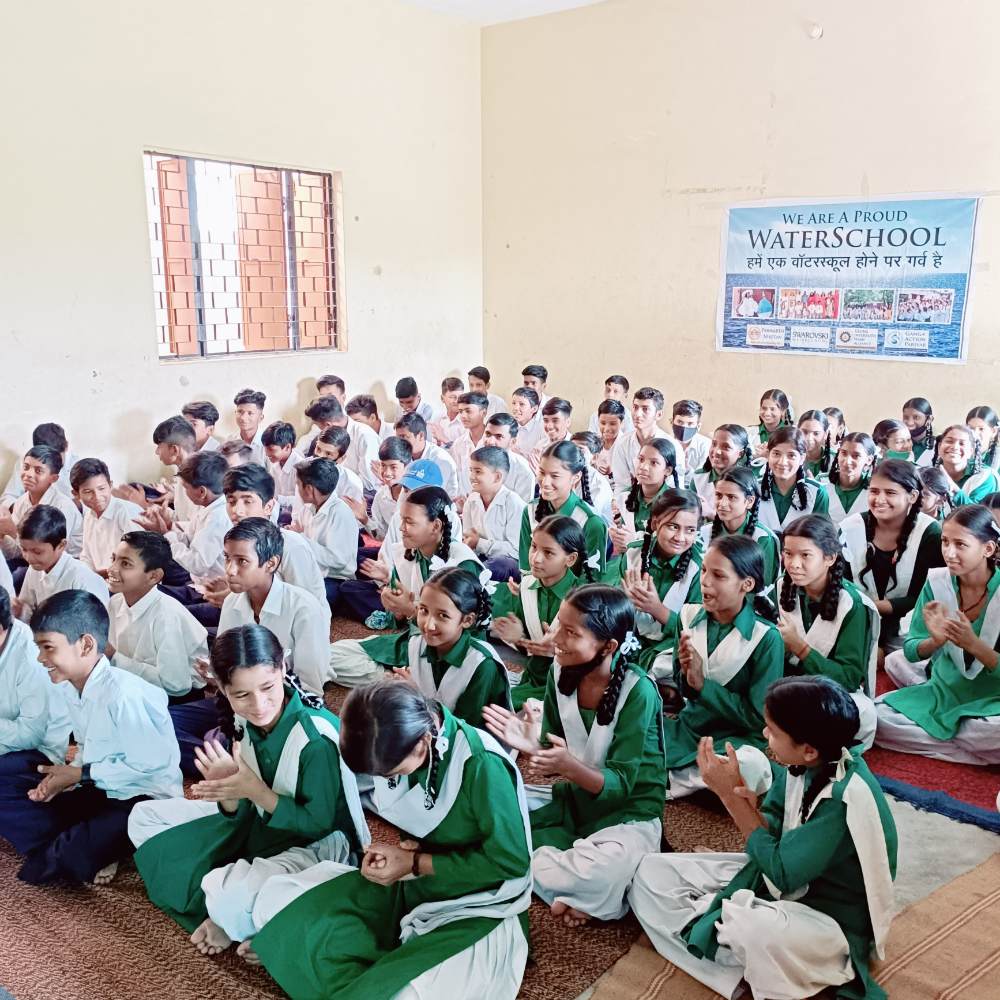
-
View Picture
-
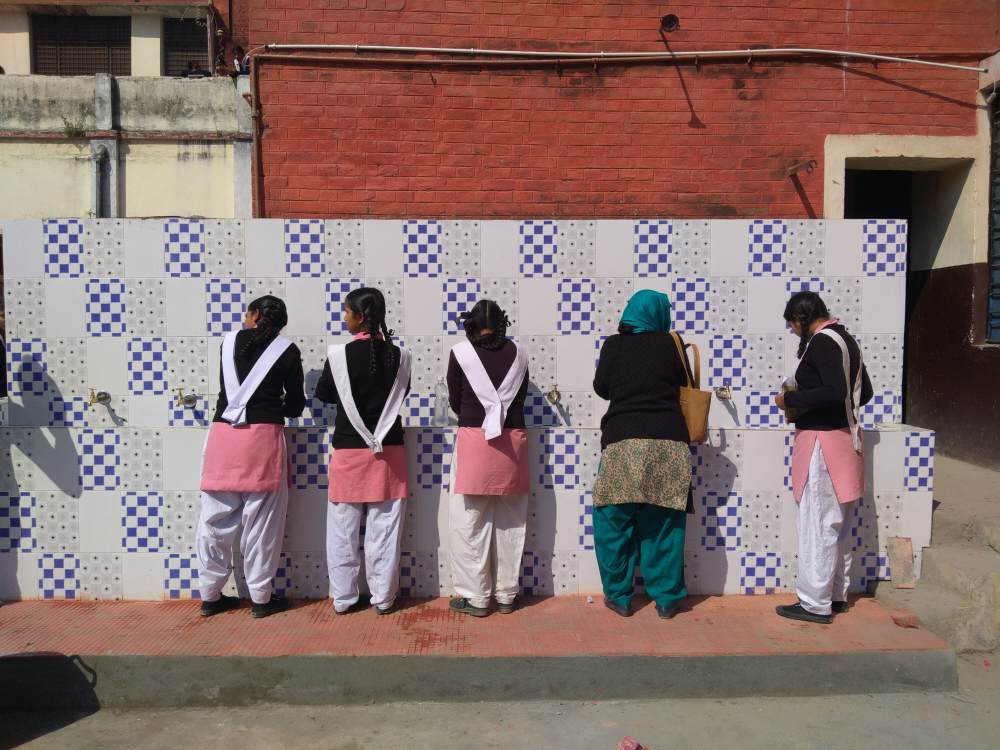
-
View Picture
-
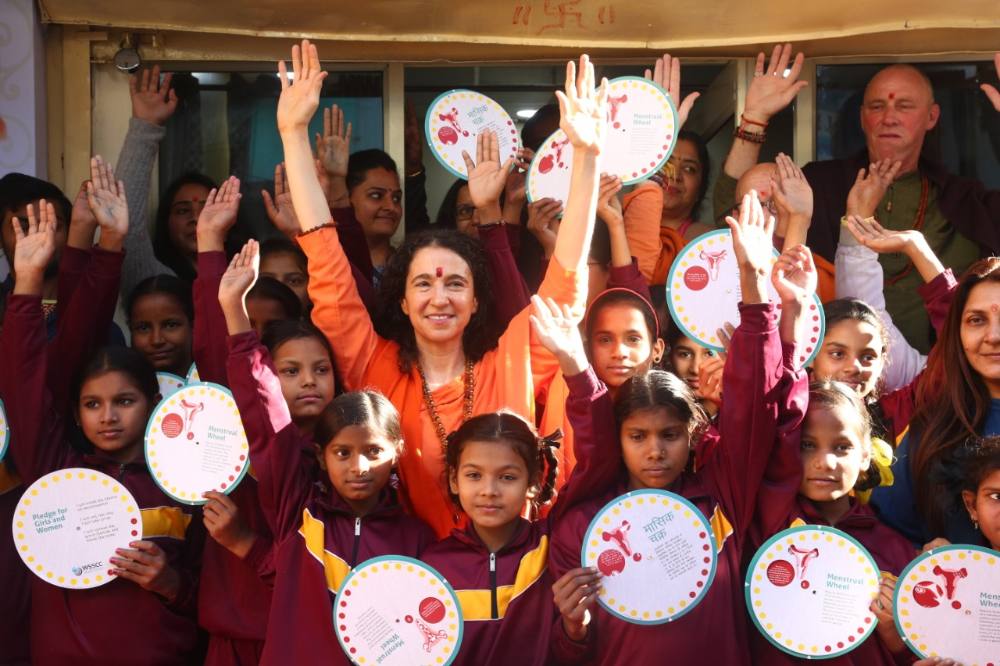
-
View Picture
-
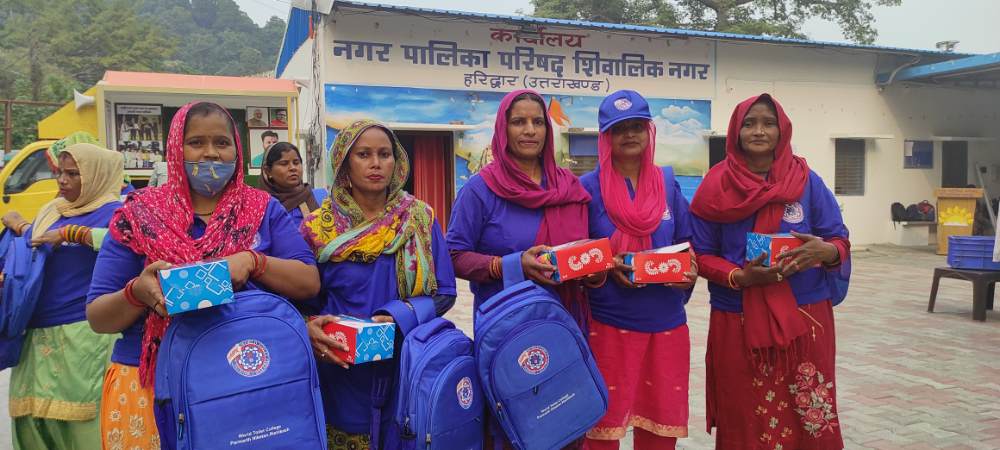
-
View Picture
-
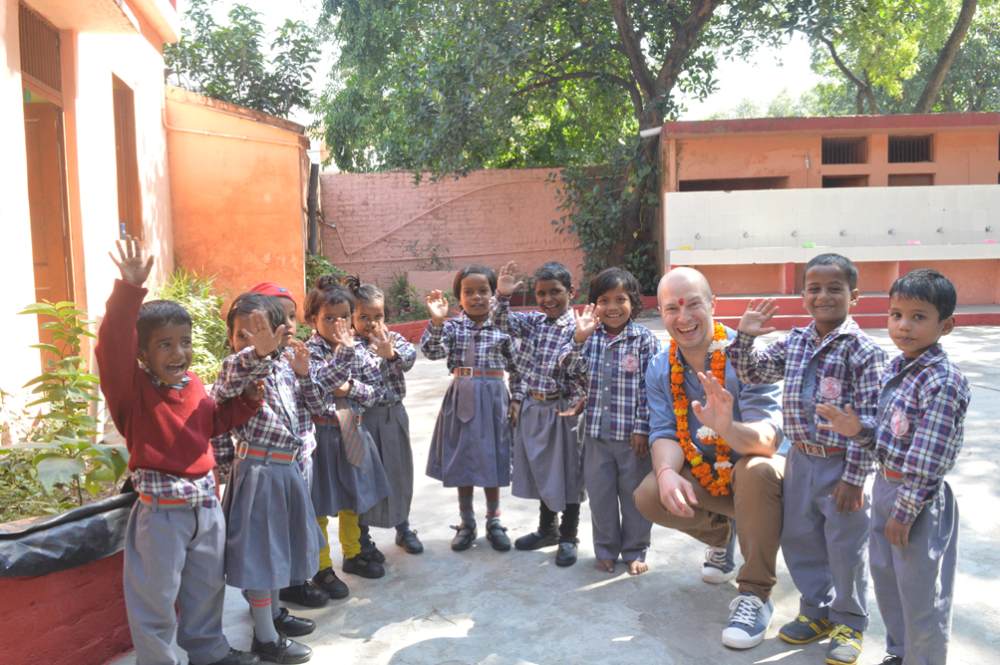
-
View Picture
-
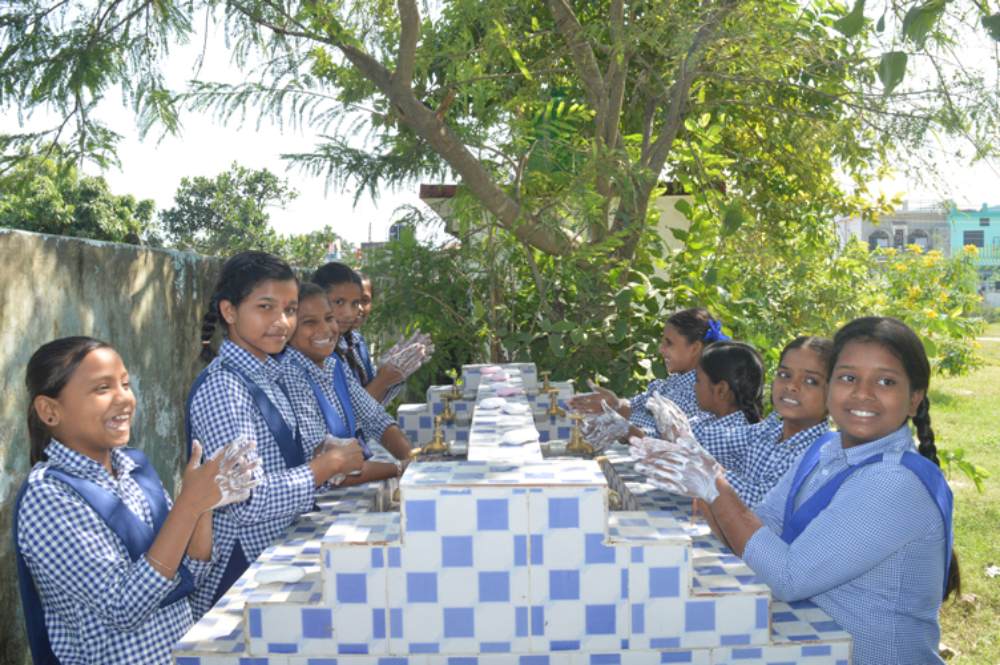
-
View Picture
WASH Programs
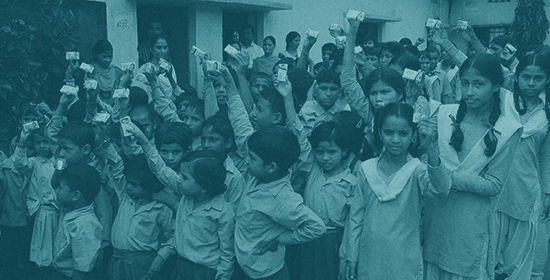
Every day, approximately 500 children in India die due to the lack of access to clean water, sanitation and hygiene (WASH). Millions more will become seriously ill every year. Lack of proper sanitation is responsible for numerous diseases and deaths in India each year, and lack of toilets is a key reason why 1 in 5 girls in India will drop out of school when they reach puberty. Often toilets in schools in India, if built at all, lie in complete neglect.
For these reasons, Divine Shakti Foundation and Global Interfaith WASH Alliance are working to bring proper WASH facilities to schools, women’s centers and villages. More than 5500 students in 40 schools have received new toilets, water tanks and handwashing stations.
“We must not only worship the creator but also His creation, thereby service of humanity and the environment can also become our worship in action. Time has come that we collectively move from temples to toilets. The need of the hour and the true pooja is to work to provide adequate facilities for sanitation and clean water while educating and raising awareness about health and hygiene so that we ensure a greener, cleaner future for all.” – HH Pujya Swami Chidanand Saraswatiji
Pujya Swamiji’s innovative approach to spirituality illustrates that while temples are needed to purify our thoughts, toilets are required to purify our bodies. Today the need has become not only for toilets but for bio-toilets in which the wastewater and material generated can be converted into methane gas, and its treated water can then be used to irrigate the soil. DSF and GIWA’s unique WASH initiative works to bridge the gap from soil to soul, thereby moving from temples to toilets.
Pujya Sadhviji is a passionate advocate for improving access to adequate Water, Sanitation and Hygiene for women and girls who are disproportionately affected by the lack of these facilities.
“Environmental protection is not an optional activity, it is a fundamental duty. We have to take care of our planet if we want to ensure a healthy future for ourselves and generations to come. And building toilets is not just about sanitation, it is about dignity and respect for all members of society, especially women and girls” – Pujya Sadhvi Bhagawati Saraswati
Improving WASH helps to address gender inequalities, improve education, improve health and overall wellbeing. It is from these origins that the Divine Shakti Foundation has been inspired to take innovative approaches such as training women to become WASH entrepreneurs and build sanitation facilities for their communities.
Each woman spends approximately 7 years of her life menstruating! Yet how much attention do we, as a society pay, to this critical time, each month in the lives of our sisters, mothers and daughters? The Divine Shakti Foundation is paying attention.
Tragically, in India more than 75% of girls have to stay home on the 5-7 days a month of their menstrual cycles, and nearly 25 percent of girls end up dropping out of school entirely after puberty. India loses approximately 23 million school-going girls a year! Why? Simply because they do not have access to menstrual supplies that enable them to leave their homes, or because they don’t have access to menstrual hygiene and health education to even know how to properly take care of themselves during their period.
Divine Shakti Foundation is committed to ensuring that girls receive the education and empowerment to navigate these days of their lives with pride not shame, with joy not sorrow, with personal power not helplessness.
In partnership with Global Interfaith WASH Alliance, WSSCC (now Sanitation Hygiene Fund), the United Nations and other dedicated partners, we have run massive campaigns, stage events and rallies in the Kumbha Mela, as well as during large kathas and in hugely-attended gatherings at our Ganga Aarti. Our campaign has also included Menstrual Hygiene Learning Labs, on-the-ground menstrual hygiene and health training in schools and communities. We are creating huge shifts in the way society views menstruation.
Working together with the MoonCatcher Project, Days for Girls and others, we have provided reusable, washable menstrual management kits for distribution to girls in the schools and communities where we operate. These kits include size adjustable reusable menstrual pads, and other helpful tools and resources to help girls be prepared for and manage their menstrual cycle. Whenever we provide kits we also provide helpful guidance with an engaging menstrual and reproductive health curriculum. Additionally, the women in our vocational training center have been trained to sew the reusable pads for themselves, their friends and to sell in the marketplace.
DSF and GIWA are working together to bring together Asha health workers, women from the local communities, villages and students to train them as Sanitation Ambassadors in several courses year round. DSF is engaging and involving its established and strong school and community networks to invite them to receive vital training that will help them become Sanitation Ambassadors in their communities.
Together, women are learning to earn lasting livelihoods by producing household toilets and other life-saving necessities whilst also learning how to help lead entire regions towards realizing the vision of WASH for all. Case studies have demonstrated that women, when enabled to produce and sell their own WASH provisions, can demonstrate tremendous success in their ventures, triggering community demand for improved WASH through their entrepreneurial drive.
A majority of our world’s childhood illnesses and deaths are due to the lack of good water, sanitation and hygiene, and many of these deaths can be prevented through the simple act of proper hand washing. DSF is working in schools to educate children on the crucial importance of hand washing with soap, on protecting water resources and environmental awareness which has now reached over 10,000 students.
DSF has distributed bars of soap to all of the students throughout the schools it supports in Rishikesh. Students there have pledged not only to follow the principles of proper handwashing but to teach and share that life-saving information in their families and villages.
During The Divine Shakti Foundation’s free medical camps in Rishikesh and villages of the Himalayas, DSF volunteers take time during each camp to educate the local people, especially children, on the value of proper hygiene and sanitation. Volunteers teach the children how to correctly brush their teeth and wash their hands, and give out toothbrushes and soap to all.


